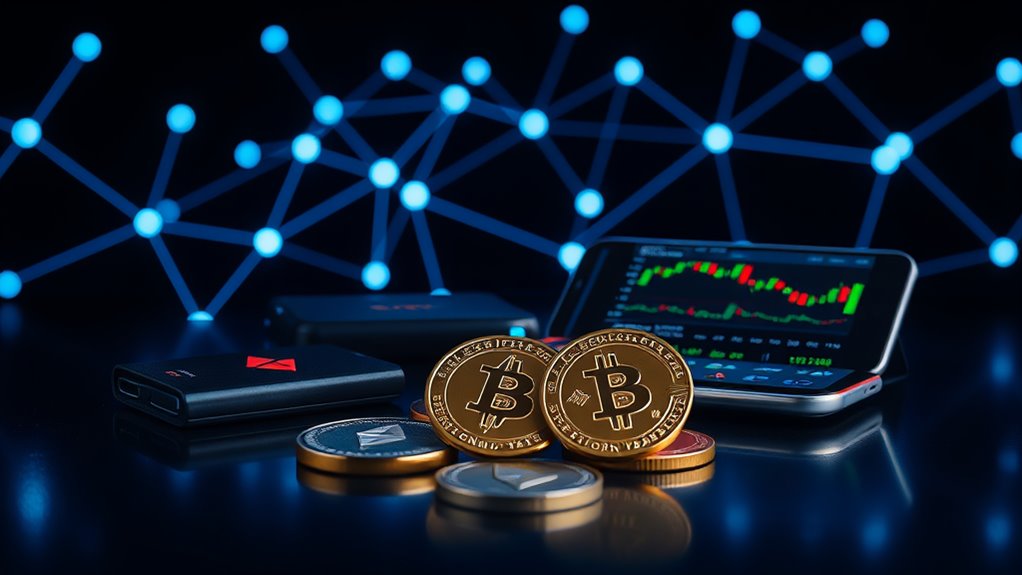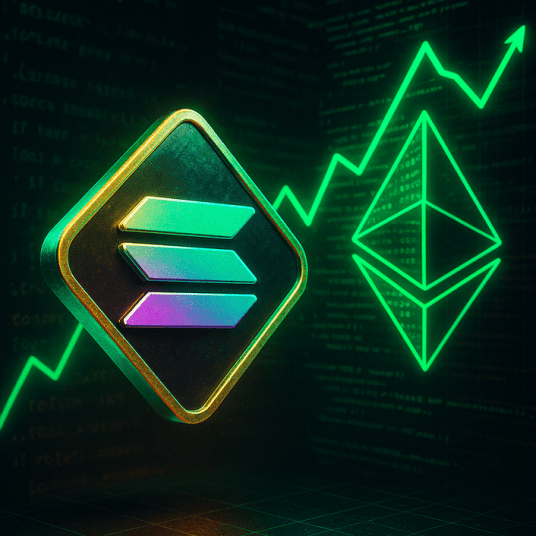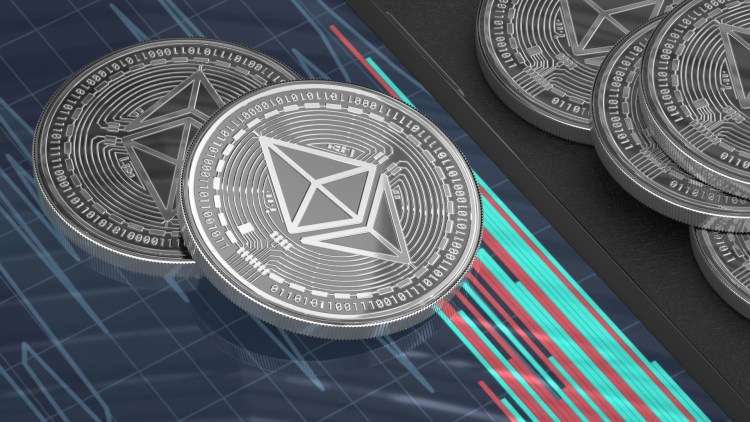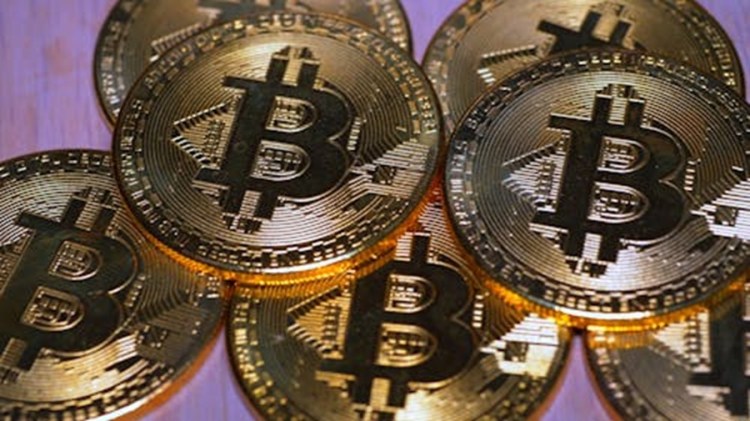Decentralized Exchanges (DEXs)
Note: This post may contain affiliate links, and we may earn a commission (with No additional cost for you) if you make a purchase via our link. See our disclosure for more info. The crypto world is constantly changing. This content is for informational purposes only and not financial, legal, or professional advice So, please verify the info on the cryptocurrency provider’s websites.
Decentralized exchanges (DEXs) are shaking up the crypto scene. Users trade directly with each other—no middlemen, no hassle. They run on blockchain tech, letting you keep control of your funds in your own wallet. Sounds fantastic, right? But don't forget the risks; smart contracts can have vulnerabilities. Plus, there's no KYC nonsense, which is great for privacy but a bit wild. Curious about how this all works? There's definitely more to the story.

What if trading could happen without the pesky middleman? Enter decentralized exchanges (DEXs), the new kids on the block. They run on blockchain-based smart contracts, allowing users to engage in direct peer-to-peer transactions. Yep, no more waiting for a broker to hold your hand.
DEXs come in different flavors, like automated market makers (AMMs) and order book models. They even have aggregators to guarantee you get the best price. Sounds like a dream, right?
With DEXs, users retain full control of their funds through self-hosted wallets. That's right—no one else is holding your money hostage. But wait, there's more! Liquidity pools, funded by the community, make trades smooth and easy, rewarding those who contribute. It's almost like a group project where everyone actually contributes. These pools are crucial for trading, providing necessary assets for market stability.
With DEXs, your funds are truly yours, supported by community-driven liquidity pools for seamless trading.
And the cherry on top? Anyone with a compatible wallet and an internet connection can join the fun. No VIP access needed. Similar to P2P trading, DEXs offer global accessibility regardless of your location or banking status.
Let's talk about the benefits. DEXs reduce counterparty risk. No centralized custodians mean less chance of losing your assets to some random hack. Plus, transactions are transparent, recorded on public blockchains, so you can track everything. It's like a public diary, but for money. Additionally, DEXs serve as a cornerstone of decentralized finance (DeFi), promoting financial participation without traditional barriers.
Financial inclusion? Check. Unbanked populations can plunge into the crypto world through their smartphones. And anonymity? You bet. Say goodbye to KYC and AML requirements.
However, it's not all rainbows and butterflies. Smart contract vulnerabilities still loom large. Users risk potential hacks or exploits.
Frequently Asked Questions
How Do I Choose a DEX for Trading?
Choosing a platform for trading? It's a bit of a minefield.
Security's key—look for audits and multi-signature wallets, or risk losing it all. Liquidity matters too; nobody wants to deal with crazy slippage.
Then there's user experience. If the interface makes you want to pull your hair out, forget it!
Finally, check those fees. Hidden charges? No thanks.
Do your homework. It's your money, after all. Don't be reckless!
Are DEXS Safer Than Centralized Exchanges?
When it comes to safety, it's a mixed bag. Centralized exchanges are like a juicy target for hackers, storing all user funds in one place. One breach? Boom. Assets gone.
On the flip side, decentralized platforms give users control but come with their own pitfalls. Think smart contract issues and user errors.
Can I Trade Without Creating an Account on a DEX?
Absolutely, trading without an account? Totally doable.
Users just link their crypto wallets directly. No sign-ups, no emails, nada. It's wallet-to-wallet action, folks. You control your funds, no middlemen messing things up.
Privacy? Oh, it's a dream—no personal info needed. Just you, your wallet, and some smart contracts doing the heavy lifting.
What Cryptocurrencies Are Supported on Most DEXS?
Most DEXs support a handful of cryptocurrencies that are pretty much household names. Ethereum (ETH) is a big player, naturally.
Then there's Solana (SOL), which even steals the show sometimes. Binance Smart Chain (BNB) shows up for those low fees, while Polkadot (DOT) and Avalanche (AVAX) round out the crew.
And let's not forget stablecoins like DAI and USDC, because who doesn't love a stable buddy in this wild ride?
How Do Transaction Fees Work on Decentralized Exchanges?
Transaction fees can be a headache. They vary by network and can spike when congestion hits.
Gas fees? Yeah, those are what miners take for validating transactions.
And don't forget trading fees—usually a tiny cut of the action.
Want it fast? Toss in a priority fee.
Some platforms even share fees with liquidity providers.
It's a jungle out there, with costs lurking at every corner.
Just when you think you're clear, boom! Fees strike again.










